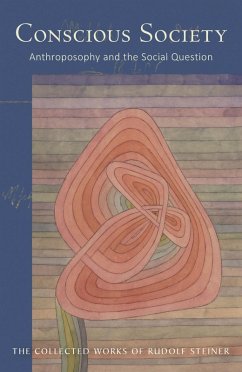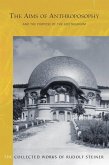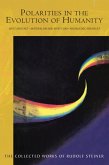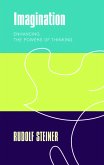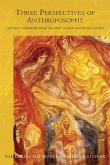Social forms and reforms, says Steiner, are 'created together', not imposed by lone geniuses. Nevertheless, the detail of some of the thoughts and ideas he presents here as a possible model - down to the economic specifics of commodity, labour, taxation, ground rent and capitalism itself - are staggering in their clarity and originality. This is no mystic effusion but a heartfelt plea, backed by profound insights, to change our thinking and the world we live in. As he points out, thoughts create reality, and so it is vital how and what we think.
Among the many contemporary and highly-relevant topics Steiner discusses here are: the nature of money and capital; taxation and the state; free enterprise and initiative; capitalism and Marxism; the relationship between employer and employee; 'added value' theory and the concept of commodity; and 'class consciousness', the proletariat and the bourgeoisie.
Dieser Download kann aus rechtlichen Gründen nur mit Rechnungsadresse in A, B, BG, CY, CZ, D, DK, EW, E, FIN, F, GR, H, IRL, I, LT, L, LR, M, NL, PL, P, R, S, SLO, SK ausgeliefert werden.

